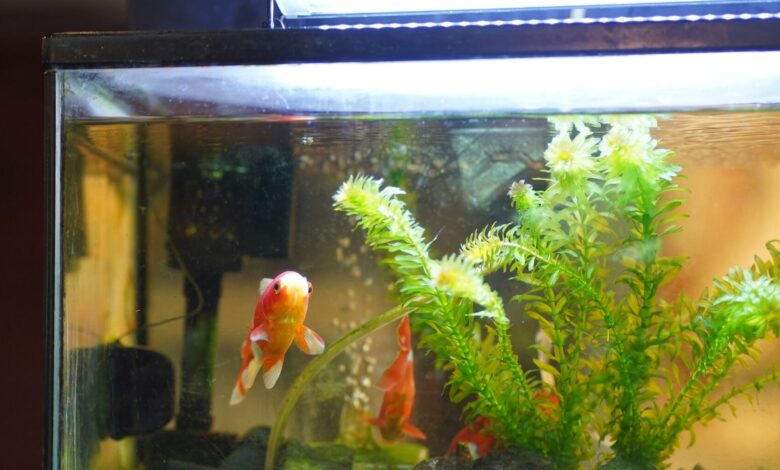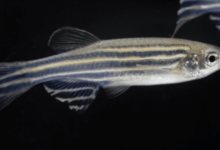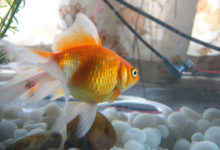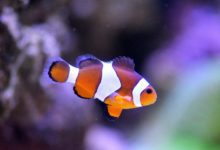OATA calls for simplified tariff regime on US imports
Such tariffs would inevitably lead to increased costs for UK businesses, many of which are SMEs with tight margins

OATA has written to the Department for Business and Trade to raise concerns over potential US retaliatory tariffs, with OATA chief executive Dominic Whitmee urging for a simplified regime and lower tariffs to benefit the UK aquatics industry.
In its letter, the trade organisation highlighted three key issues that could significantly impact the UK industry, including limited UK production, the sector’s reliance on US trade and the ongoing pressures on businesses.
The letter stated that there is very little domestic production of aquarium-related products, including live ornamental fish, making imports essential to the sector.
In addition, the majority of aquariums and associated goods, such as aquarium ornaments, heaters, and lights, are imported from third countries such as the USA, who is a significant source of products for the sector, either as components or as completed items.
It said that in 2024, live ornamental fish imports generated an estimated £8.85m in retail sales, including associated dry goods and aquarium plants, and the total economic value, considering the whole supply chain, is almost £12m.
Regarding live ornamental fish specifically, the current UK Global Tariff rightly maintains a 0% tariff on imports. This, according to Whitmee, reflects the “lack of significant domestic production and the importance of international trade to meet the diverse demands of UK fishkeepers.”
Additionally, Whitmee highlighted that the aquatics businesses are already navigating a challenging landscape, with high energy costs and continued economic uncertainty affecting consumer confidence.
He said: “These factors, coupled with increased barriers to trade with the EU, are leading to lower margins and hinder the sector’s ability to thrive and for some businesses to survive. The imposition of new tariffs on one of our key trading partners would further exacerbate the challenges faced by aquatic businesses in the UK.”
He adds that imposing reciprocal tariffs on these imports would directly “contradict the government’s mission for economic growth”. Such tariffs would also inevitably lead to increased costs for UK businesses, many of which are SMEs with tight margins.
The letter noted that over 4 million households in the UK own fish, representing 14% of the UK population, with over 100 million fish kept in home aquariums and garden ponds, making them the most populous pet in the UK. Fishkeepers spend over £660m annually on their pets.
However, Whitmee said: “These increased costs could potentially translate to higher prices for consumers, reducing their spending power and discouraging the keeping of fish as pets.
“We strongly urge you to consider the significant socio-economic importance of the ornamental aquatic trade, its reliance on imports due to limited domestic production, and the detrimental impact that reciprocal tariffs would have on our sector and the government’s overall mission for growth.”
He concluded: “We respectfully request that the government consider the arguments outlined in this letter and refrain from imposing tariffs on pet fish. Maintaining the current tariff-free status for live ornamental fish is crucial for the continued growth and prosperity of our industry.
“The government has issued a call for evidence from businesses on potential UK responses to the US tariffs. We await the outcome of this consultation and will continue to monitor the situation closely.”













